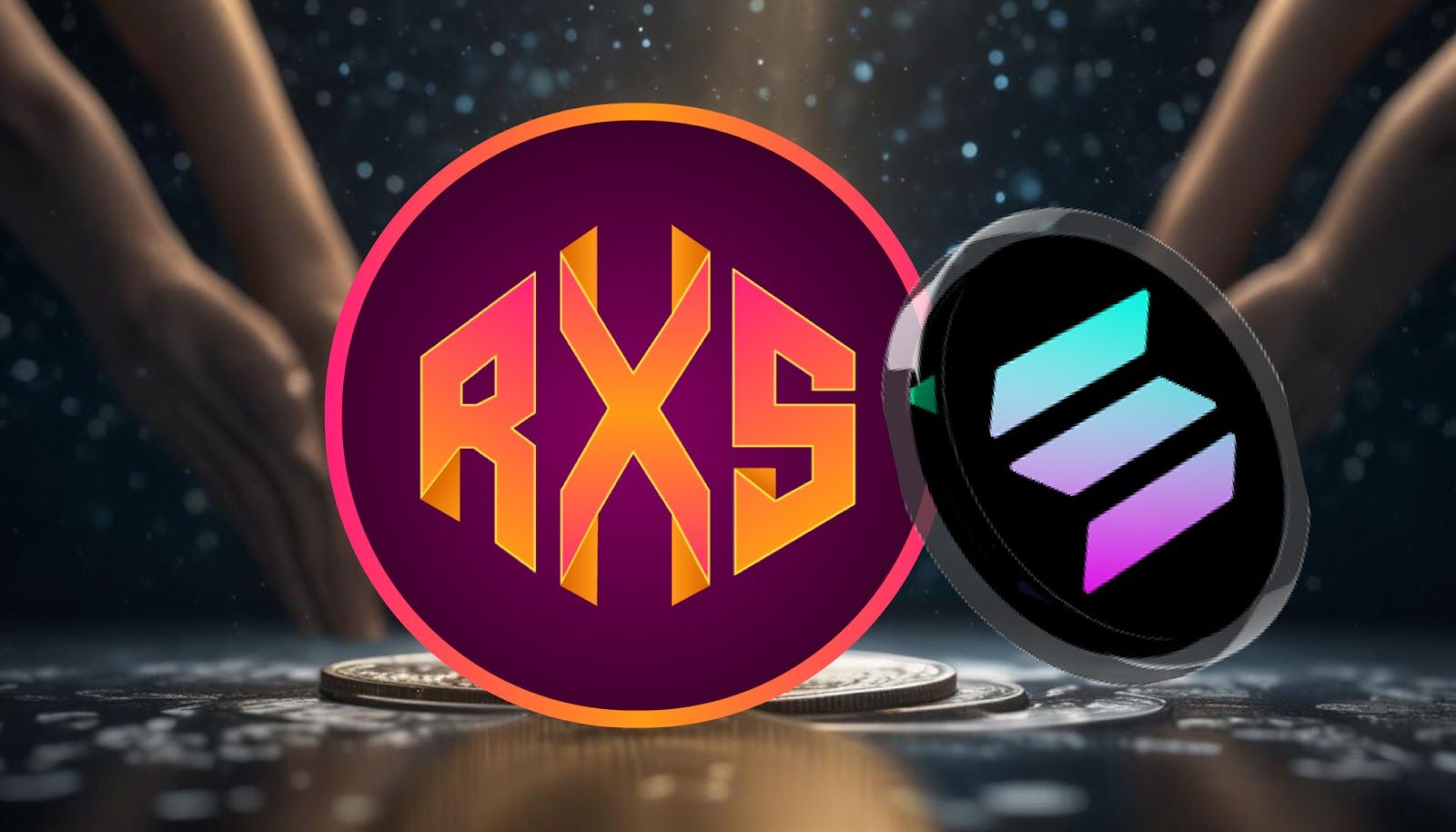ARTICLE AD
Ethereum prices recoiled yesterday but are stable when writing. Today, July 23, nine spot Ethereum ETFs began trading on various regulated bourses, mainly the Cboe, Nasdaq, and the NYSE.
This listing comes barely two months after the United States Securities and Exchange Commission (SEC) reversed its decision and accelerated the approval process of 19b-4 forms submitted by various players, including BlackRock.
Spot ETFs Launch Gifts ETH Regulatory Clarity
With the landmark milestone, Ethereum is the only crypto asset after Bitcoin to get the regulatory nod and a spot ETF approved by the otherwise strict regulator.
Listing the derivative product is a win for Ethereum and its broader ecosystem, comprising a web of layer-2 solutions, a struggling non-fungible token (NFT) industry, and a recovering decentralized finance (DeFi) scene.
Taking to X, one observer notes that Ethereum is now ready for a perfect storm of bullish catalysts that would push the coin higher in the coming months.
Interestingly, though many supporters cite the expected inflow of institutional capital to ETH through spot ETFs, the analyst thinks the regulatory clarity that comes with this product is a major boost for price and the growth of its ecosystem.
In a post, the analyst explained that these long-standing headwinds, especially the resistance from the United States SEC, have been capping gains.
With the spot ETF in the picture, these years-old obstacles preventing growth will be effectively transformed into tailwinds. This, in turn, ushers in a new era of adoption and unfettered investment, especially from Wall Street investors who mainly desire regulatory clarity before exposure.
A New Era For Ethereum? United States SEC Is Still Mum
As a condition for approving 19b-4 forms, the United States SEC barred issuers from staking investors’ ETH. Staking would have allowed issuers to receive rewards from the network if they locked up ETH, helping secure the network. Instead, spot ETF issuers must secure ETH via regulated custodians.
This prerequisite eased tension, allowing the regulator to approve all S-1 registration forms before product listing today. With these products available for investors, it effectively means the end of regulatory uncertainty surrounding ETH, especially after transitioning from a proof-of-work to a proof-of-stake system in 2021.
Unlike the regulator’s position on Bitcoin, which is considered a commodity, officials have yet to confirm whether ETH is a commodity. However, the United States Commodity Futures Trading Commission (CFTC) has repeatedly stated that not only are Bitcoin and Ethereum commodities, but other coins like Litecoin fall under the same roof.
Feature image from Canva, chart from TradingView

 4 months ago
25
4 months ago
25 

